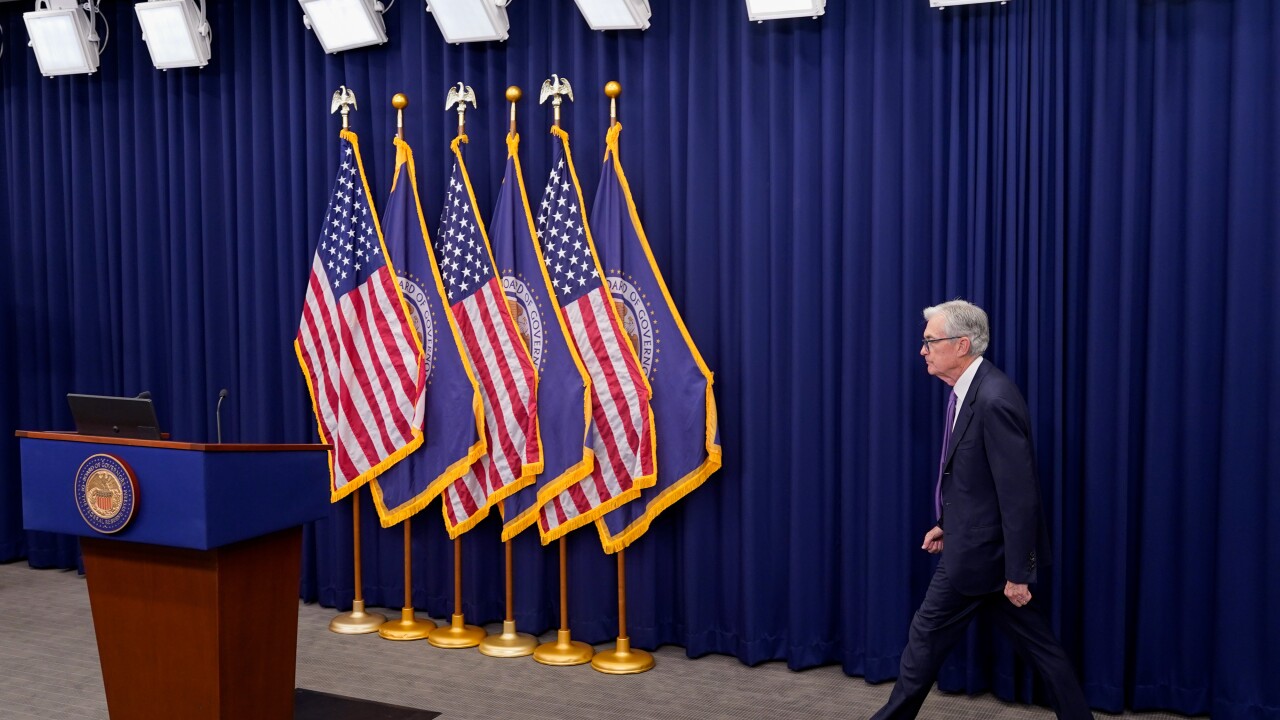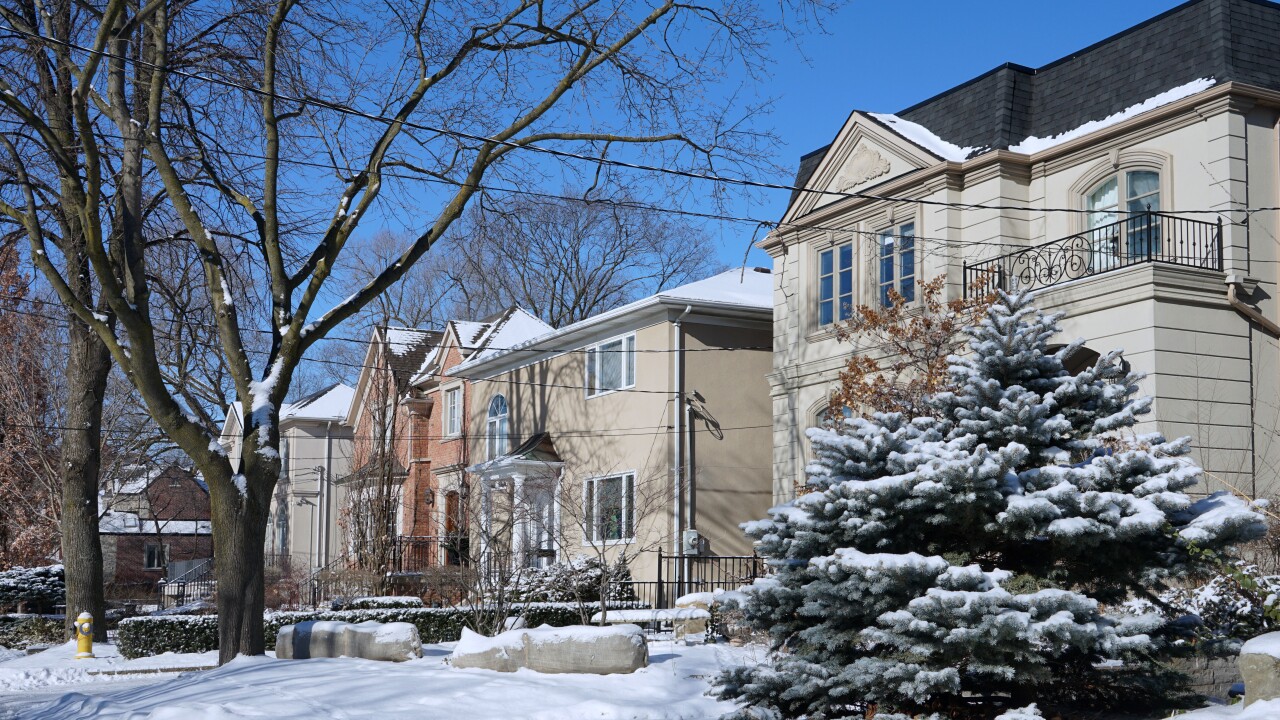With limited capital-market access due to pandemic-related stresses, junk-rated companies can lay claim to having among the direst needs for capital infusion from the federal CARES Act.
But because of existing heavy debt burdens from existing syndicated loans meted out to institutional investors, non-investment grade companies may also be the least likely to qualify for secured or unsecured emergency financing, according to a new report from Fitch Ratings.
Fitch analysts believe that up to 26% of corporate issuers of syndicated leveraged loans may be restricted from receiving help through the Main Street Lending Program (MSLP) because of current debt loads exceeding 4x EBITDA. Those potentially ineligible borrowers are concentrated in the single-B rating tier, representing the lowest-rung of junk-rated firms above the triple-C strata of firms nearing default.
Fitch cites the strict leverage guidance in sizing the amounts of loans enabled by the Coronavirus Aid, Relief and Economic Security (CARES) Act, and meant to tide businesses through the economic calamity of the COVID-19 outbreak. “Parameters, including lender guidelines and leverage limitations when sizing the loans, may limit the program’s breadth and benefit to U.S. corporates,” according to the report, issued Thursday by the ratings agency.
“Issuers in the retail, food, beverage & tobacco, gaming, lodging & leisure, consumer, aerospace & defense, natural resources and REITs sectors may be the most disadvantaged,” stated the report.

From a sampling of 262 junk-rated leveraged-loan issuers, Fitch determined that many middle-market companies appear ineligible for the $600 billion MSLP because of lending-limit restrictions built into the MSLP’s component programs.
Loans through the Main Street New Loan Facility (MSNLF) and the Main Street Priority Loan Facility (MSPLF), for instance, are capped at the lowest of either $25 million, or an amount that limits pro forma leverage to between 4x and 6x adjusted EBITDA for 2019. For the Main Street Expanded Loan Facility (MSELF), the maximum loan is $200 million or 35% of total outstanding and undrawn available debt. But the borrower still cannot exceed 6x EBITDA from debt incurred through the program.
Under Fitch’s calculations, about 42% of 116 single-B rated firms would be unable to obtain loans because their existing leverage ratios at or exceeding 6x. Only about 23% would be able to borrow funds under the MSNLF program before breaching 4x leverage.
About 9% of firms with double-B ratings also would not qualify under the published guidance of any of the MLSP programs.
The limits effectively mean few companies in the media/entertainment, food/beverage/tobacco or consumer products industry could accept a maximum $25 million MSPLF or MSNLF loan, since between 80%-90% of current borrowers already exceed 4x leverage. By Fitch’s account, fully 100% of real estate investment trusts exceed 4x leverage, which would prohibit any from taking a loan from the smaller MSLP program.
For the aerospace and defense industry, approximately 50% of borrowers are already at 6x leverage, as are just over 40% of technology and retail-sector companies, placing the MSELF program out of their reach.
Fitch also noted the CARES Act lacks clarity on how new MSLP loans (with four-year tenors) would be managed around the existing outstanding loans with longer-dated maturities. In addition, "the definition of eligible lender alone leaves out a large number of middle-market issuers who are financed by direct lenders," the report added.





